Beyond making authors' work recognizable, a photographic style is one of the most valuable assets any photographer can build. From a very personal standpoint, I think of style as a whole world which can be seen from a diverse range of perspectives. As a photography educator, it is beautiful to see how style starts to develop in my students.
From the curatorial side of the game, it is extremely satisfying to see a photograph and say “that shot looks somewhat familiar, it reminds me of…” and yup, the name that I'm thinking of is sometimes the correct one. And from the shooting side of the scope, style is a never-ending query.
Style is equally revered and feared by many new and not-so-new photographers. It is hard to build, and there is no exact recipe for achieving it either, but today I'll be sharing some insightful thoughts about style that will hopefully make it easier for you.

Style Isn't Achieved Immediately
We live in times reigned and dominated by immediacy, therefore being patient about something is more difficult nowadays. You do have to keep this in mind because you won't develop a style in just a few days (or even months). Building a consistent style takes years, and has more to do with the quality of the content we consume rather than showcasing our work.
This doesn't apply to every photographer of course, but for many, this will sound very familiar. One starts in photography by picking up a camera and discovering how it can register things and scenes that are in front of our eyes in a slightly different way we actually see. Bokeh amazes us, and we point our cameras pretty much at anything (especially flowers and door knobs, don't know why, but it does happen like that in the majority of cases).
Style will start to bloom with time after a sufficient amount of practice.
It Is A Heterogeneous Amalgam
And speaking of the quality of content consumption, let's talk a bit about aesthetics. The easiest way I have found for understanding the philosophical concept of “aesthetic” is by seeing it as the “ability” certain objects have to trigger our senses. There is no right or wrong here, as long as the content you consume is able to produce a great deal of pleasure in your mind, then it is good for you. In practical terms, content is made of pretty much anything, from movies to music, or paintings to sculptures, to even reading and of course seeing others' photographs.
Everything your mind processes has the potential of adding up to your own and unique style, so don't feel bad for not coming up with something pure and unique. You'll be producing photographs with a small compass in your head guided by taste and knowledge.
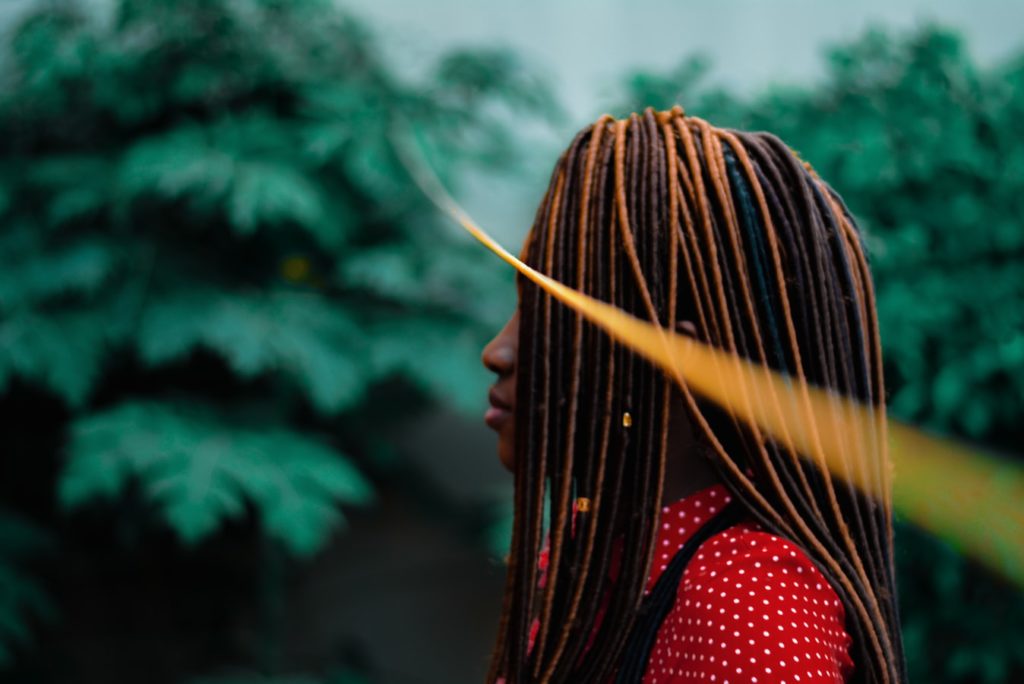
Your Heroes Have/Had Heroes
We tend to look at the past and current great photographers almost as a divine. But we need to understand that they too looked back and even admired other photographers and painters (and more) work. It is no secret that Henri Cartier-Bresson wanted to be a painter at first, and after seeing this photograph by Martin Munkácsi he got inspired to learning more about photography. It is nice when we can lower the pedestals and see great photographers as more humanized and close-to-the-people figures. Even a lot of the photos that history has legitimized as iconic weren't produced as isolated images as we can see in many contact sheets managed by photo editors along the way.
This whole idea came up to me after watching this excerpt from a The Simpsons episode in which Homer had become obsessed with Thomas A. Edison and wanted to become an inventor himself.
Now let's talk about some characteristics of style in photography:
Style is Apex-less
You won't reach a summit when it comes to your photographic style, there will always be room for improvement and learning. You could even get bored with a genre and start the challenge of mastering another one, but that doesn't mean that you'll reach a summit. We can only progress and evolve, but we'll never finish molding our style.
Style Can't be Taught
Some time ago Annie Leibovitz launched a master class and many of the people that enrolled turned out to be highly disappointed because they thought she would teach people how to take photos exactly like she does. I'm pretty sure not even she herself is able to define how her art is achieved. It is just a matter of style, and it can't be learned or taught; style is just the result of introspection.
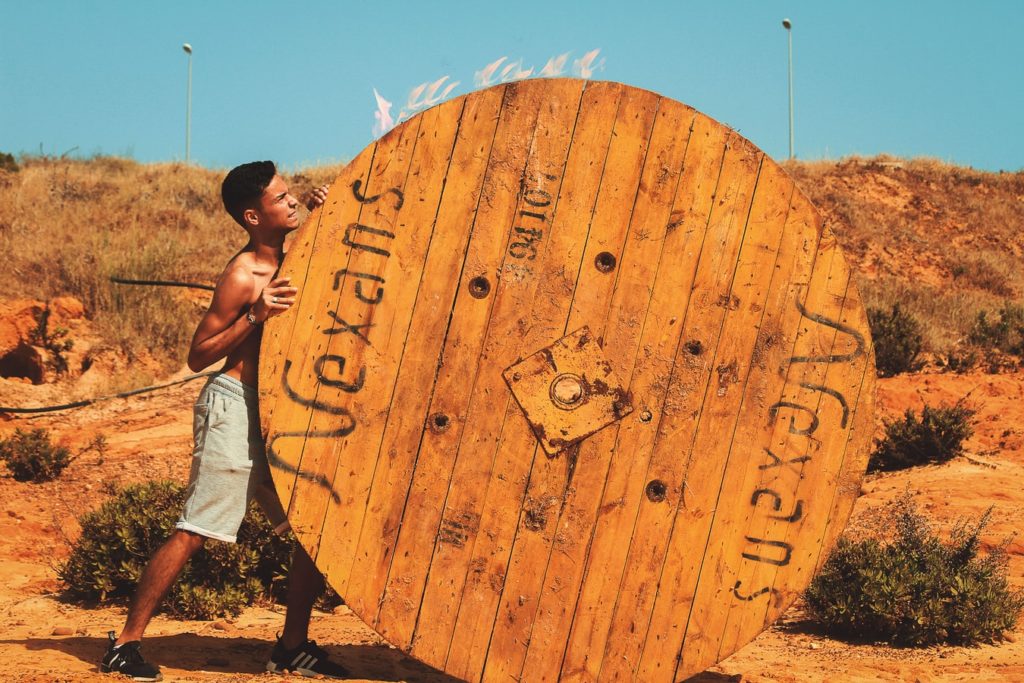
Style is Easier for Third Parties to Recognize it
It is easier for a third party to define a specific photographer's style rather than doing it as an author. In relation to our own style, it will be hard to define for ourselves because we will always be trying to improve, but the great thing is that it is recognizable to the eyes of the others.
So, Why is it Important?
Having a solid photographic style is important, and the main reason why is because it is the ultimate plausible evidence that our images and our work as photographers have a special value that deserves to be recognized by others. Otherwise, it is just like producing things from impulse and with no special meaning beyond encouraging our own ego without even a solid base to keep it steady.
Achieving a style is something to strive for, for us creatives; being sure that the images we are producing have at least a considerable amount of meaning and concept makes the act of taking pictures a more meaningful discipline to develop in our lives.
If you ask me if I know how to describe my own photographic style, I will have to say “no”. But I do know that I enjoy capturing street photos that include isolated subjects with generous contexts, somewhat deep depths of field and bi-dimensional compositions when possible. But I'm not sure if that counts sufficiently as style.
And even though when people have told me that my photos can be recognized, I'm still not sure how they can do that.
Further Reading
- A Quick Take From Jason D Little: The Answer To Finding Your Personal Photography Style
- These 3 YouTube Channels Will Help You Become A Better Photographer
- A Deep Dive Into Arnold Newman’s Photography Style
- How to Discover Your Personal Style as a Photographer
- What Photographers Can Learn From The Visual Styles of These 4 Famous Movie Directors.



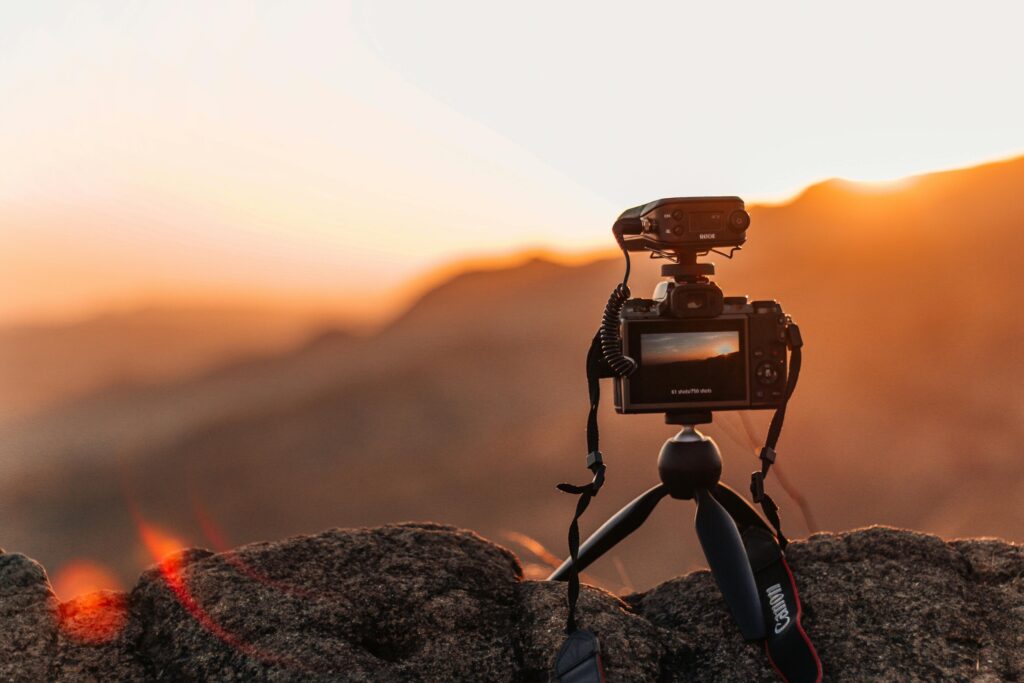
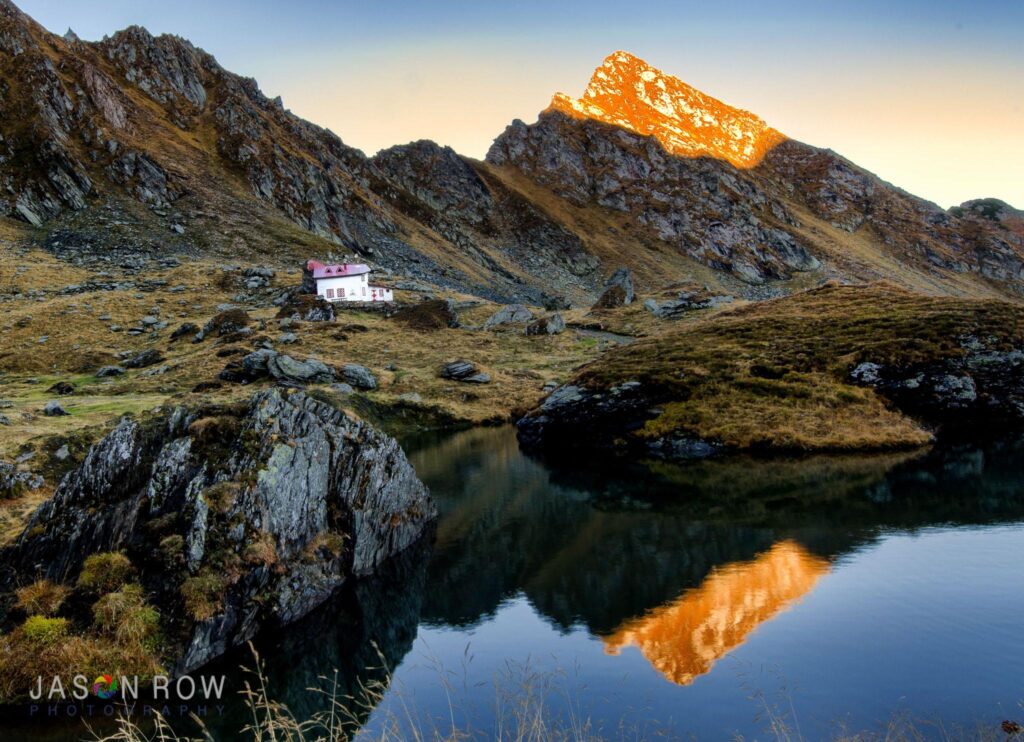
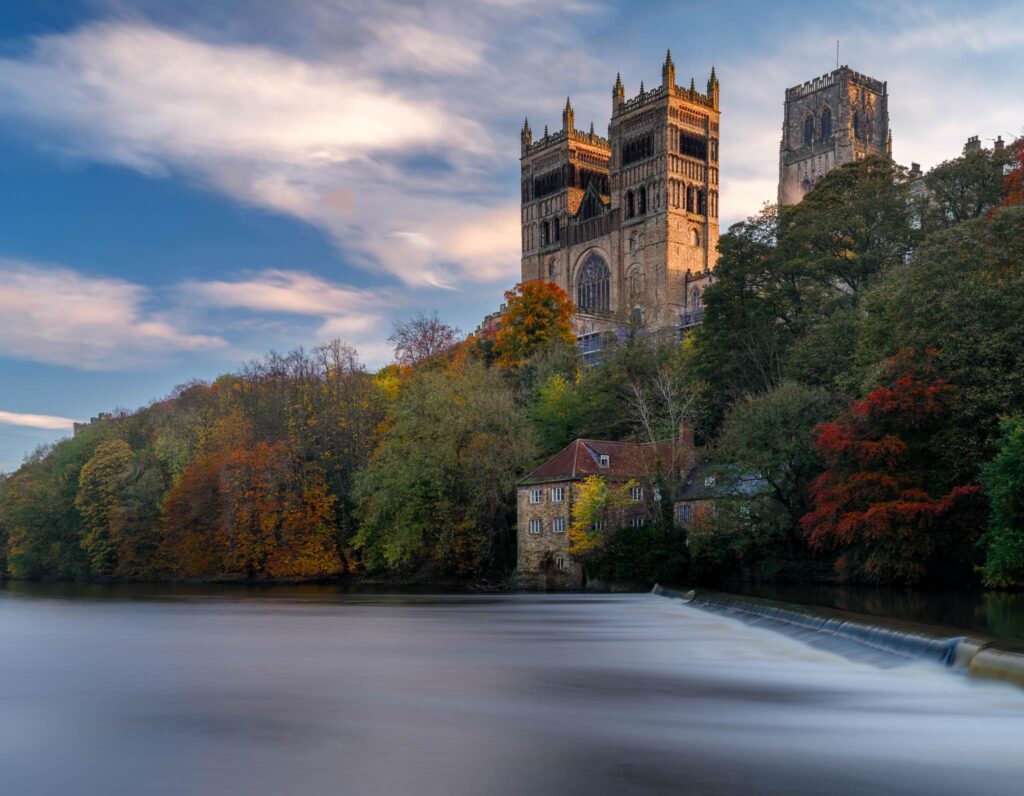

1 Comment
Superb piece: You are as good a writer as you are a photgrapher (or is it the other way round?).